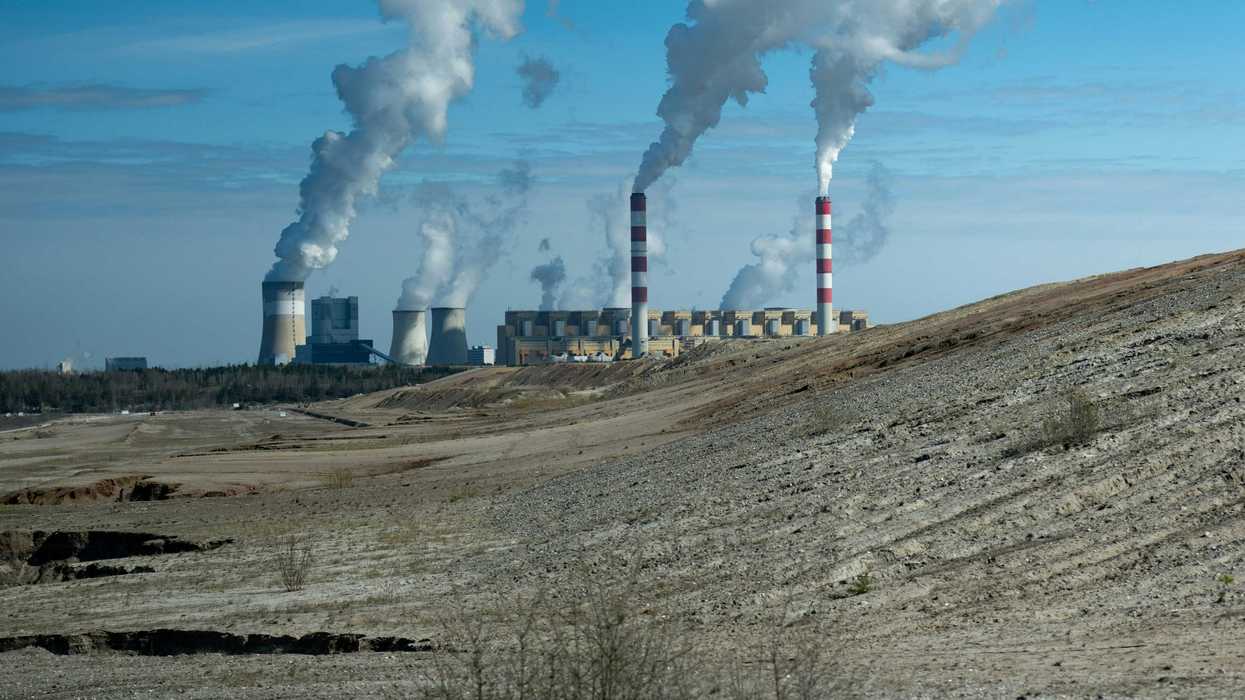Financial Times reporter Sarah Neville tells the story of endocrine disrupting chemistry through a gorgeous profile of scientist Shanna Swan and her quest to understand why sperm counts have dropped so precipitously in men worldwide.
Environmental Health Sciences founder Pete Myers, who literally wrote the book on endocrine disrupting chemistry (Our Stolen Future, 1996), calls Neville's piece "one of the most consequential mainstream news stories ever written on EDCs."
Key quote:
"I would not say with any certainty, of course, that we will be reduced to The Handmaid's Tale," Swan says. But a dramatic increase in surrogacies and the use of assisted reproduction are omens for her.
Worth noting:
- Swan, a professor of Environmental and Reproductive Epidemiology at Mount Sinai and a senior scientist at EHS, is author of Count Down, which tells the story of declining fertility rates.
- WATCH Dr. Swan's video on the latest evidence of sperm count decline.
- "Pregnant women, and men planning to conceive a pregnancy, have a responsibility to protect the reproductive health of the offspring they are creating." – Shanna Swan.
Read Sarah Neville's Financial Times profile on Shanna Swan...
- Count Down: The infertility crisis ›
- Science: Are we in a male fertility death spiral? ›
- Prenatal exposure to plasticizer may affect male fertility in future generations ›
















